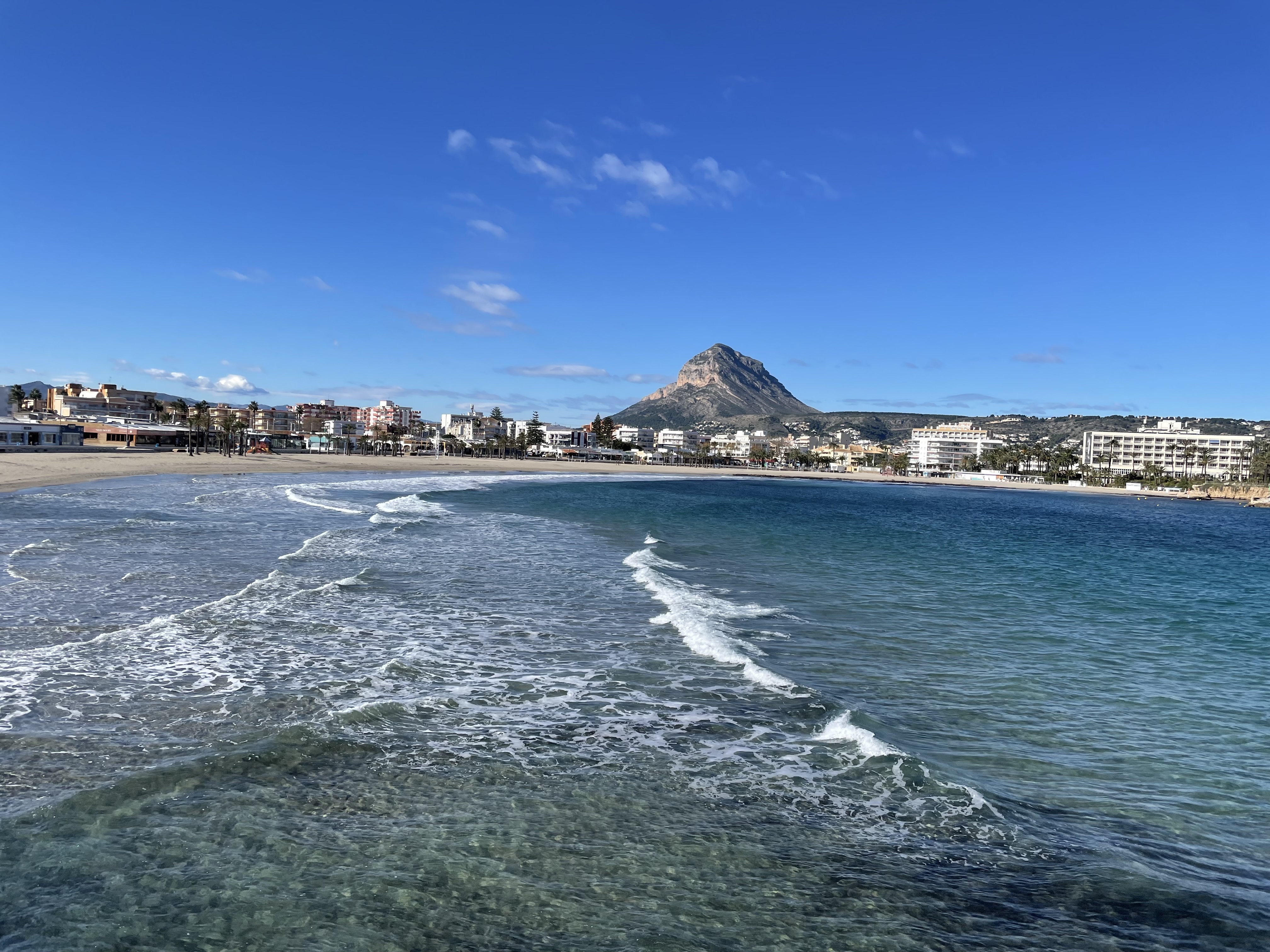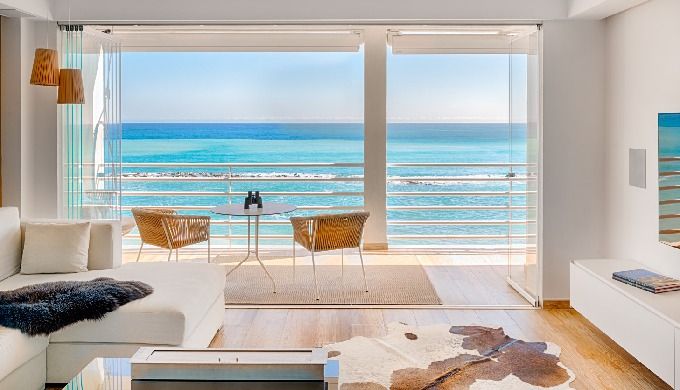The decision to move to the Costa Blanca is often born from a dream of sun-drenched days and a healthier lifestyle. For many, the most logical first step is not to buy, but to find a long-term rental on the Costa Blanca. This offers the flexibility to discover if this is the right place for you, to explore different towns, and to truly understand the rhythm of life here before making a permanent commitment.
But finding a good quality, year-round rental in 2025 can be a challenge. The market is competitive, and navigating an unfamiliar rental process can be fraught with pitfalls.
This is your essential resource. Consider this your step-by-step guide to navigating the entire process, from the initial search to signing your Spanish rental contract.
The Costa Blanca Rental Market: What to Expect in 2025
Before you begin your search, it’s crucial to understand the unique dynamics of the rental market here.
- High Demand, Low Supply: The Costa Blanca is one of the most desirable places to live in Europe. This has created intense competition for good quality, year-round rental properties, especially in prime locations like Jávea, Moraira, and Altea.
- The Seasonal Squeeze (Winter Let vs. Para Todo el Año): This is a critical concept. Many properties are only available for "winter lets" (September to June). What you are looking for is a true 12-month contract, known as a rental “para todo el año” (for the whole year). Always use this phrase in your searches.
- Pricing Reality: The era of cheap rentals is over. As of mid-2025, a realistic budget for a modern rental is:
- 2-Bedroom Apartment: €850 - €1,300 / month in a desirable town location.
- 3-Bedroom Villa with Pool: €1,800 - €3,500+ / month in an urbanisation.
- Landlord Expectations: In a landlord's market, preparation is key. Landlords seek solvent, reliable tenants and will ask for extensive documentation to prove your financial stability.
Where to Find Long-Term Rentals on the Costa Blanca
Finding the perfect property requires a multi-pronged approach.
Online Property Portals
This is the best place to start.
- Idealista: The #1 property portal in Spain. Set up detailed alerts for your desired area, property type, and price range to be notified of new listings instantly.
- Fotocasa: The second major player in the Spanish market.
- Kyero / ThinkSpain: Portals often more focused on the international market.
Local Real Estate Agents (Inmobiliarias)
Many of the best properties are rented by local agents before they ever get listed online. Visit agents in your target towns (Jávea, Dénia, Moraira, etc.), introduce yourself, and register your requirements.
A powerful method for finding rentals directly from landlords.
- Facebook Groups: Join community groups for your target towns (e.g., "Jávea Connect"). Many landlords post properties here first. Also, post a polite "Rental Wanted" ad detailing your needs.
How to Spot and Avoid Rental Scams in Spain
- NEVER pay a deposit or holding fee for a property you have not seen in person. This is the number one rule.
- If the price seems too good to be true, it is.
- Beware of "landlords" who are "out of the country" and cannot show you the property. This is a classic scam.
- Verify the agent or landlord. come and visit us at the office and ask to see proof of ownership (escritura).
The Rental Process: From Viewing to Getting the Keys
You've found a place you love. Now you need to act fast.
1. The Viewing (La Visita)
At the viewing, look beyond the sea view. Check for signs of damp (humedad), test the water pressure, and ask about the heating and cooling systems.
2. The Paperwork You'll Need
Be prepared to immediately provide copies of the following:
- NIE Number: Your Spanish tax identification number (non-negotiable).
- Proof of Solvency: An employment contract (contrato de trabajo), recent tax returns, or a Spanish bank statement.
- Spanish Bank Account: For paying rent and utilities.
3. Upfront Costs Explained
Be prepared for a large initial payment, often the equivalent of four or five months' rent.
- First Month's Rent (in advance).
- Security Deposit (Fianza): Legally one month's rent.
- Additional Guarantee (Garantía Adicional): Landlords can legally ask for up to a maximum of two additional months' rent as a further guarantee.
- Agency Fee (Honorarios): Typically one month's rent + 21% IVA (VAT).
Understanding Your Spanish Rental Contract: Key Clauses Explained
The rental law (Ley de Arrendamientos Urbanos or LAU) is generally pro-tenant. Understanding your rights is your best protection.
- Contract Duration (The 5-Year Rule)For a primary residence, even if your contract states 12 months, Spanish law gives you, the tenant, the right to renew annually for up to 5 years. The landlord cannot ask you to leave before this period is up, except in very specific, legally defined circumstances.
- The Security Deposit (La Fianza)The one-month fianza must be lodged by the landlord with a regional government body. This protects you and ensures you can get it back if you leave the property in good condition.
- Rent Increases (Actualización de la Renta)The rent can only be increased once per year, and the increase is legally capped by a national inflation index (IPC).
- Repairs & Maintenance (Reparaciones)
- The Landlord is responsible for all major repairs to keep the property habitable (e.g., fixing the boiler, plumbing).
- The Tenant is responsible for small repairs caused by everyday wear and tear (e.g., changing a lightbulb).
- The Inventory (El Inventario)If the property is furnished, insist on a detailed, photographed inventory. This is your primary evidence for getting your deposit back.
- Giving Notice (Preaviso)You can legally break the contract any time after the first six months, as long as you give the landlord at least 30 days' notice.
Renter's Checklist: A Summary
- Define your budget, including 4-5 months' rent for upfront costs.
- Get your paperwork (NIE, proof of income) in order before you search.
- Set up alerts on Idealista and Fotocasa.
- Register with Molino Villas
- Post a "Rental Wanted" ad in local Facebook groups and tag @molinovillas.
- View properties in person and check for issues like damp.
- Get the rental contract reviewed or translated if your Spanish is not fluent.
- Take detailed photos for the inventory before you move in.
Frequently Asked Questions (FAQ)
- Q1: What is the 5-year rental rule in Spain?A: For primary residence contracts, the tenant has the legal right to stay in the property for up to five years, renewing the contract each year, regardless of what the initial contract duration says.
- Q2: How much is the deposit for a long-term rental in Spain?A: The legal security deposit (fianza) is one month's rent. However, landlords can legally ask for up to two additional months' rent as an "additional guarantee," so you should be prepared to pay a total of three months' rent as a deposit.
- Q3: Can I rent a property in Spain without an NIE?A: No. An NIE (Spanish identification number for foreigners) is essential for signing a legal rental contract and setting up utilities. It should be one of the first things you get.
Conclusion: Your Key to a New Life
Renting long-term on the Costa Blanca is a journey. The market in 2025 is competitive, but it is far from impossible. By understanding the market, preparing your paperwork, and knowing your rights, you can navigate the process successfully. This is the perfect way to immerse yourself in this incredible lifestyle, your key to discovering which village truly feels like home.

